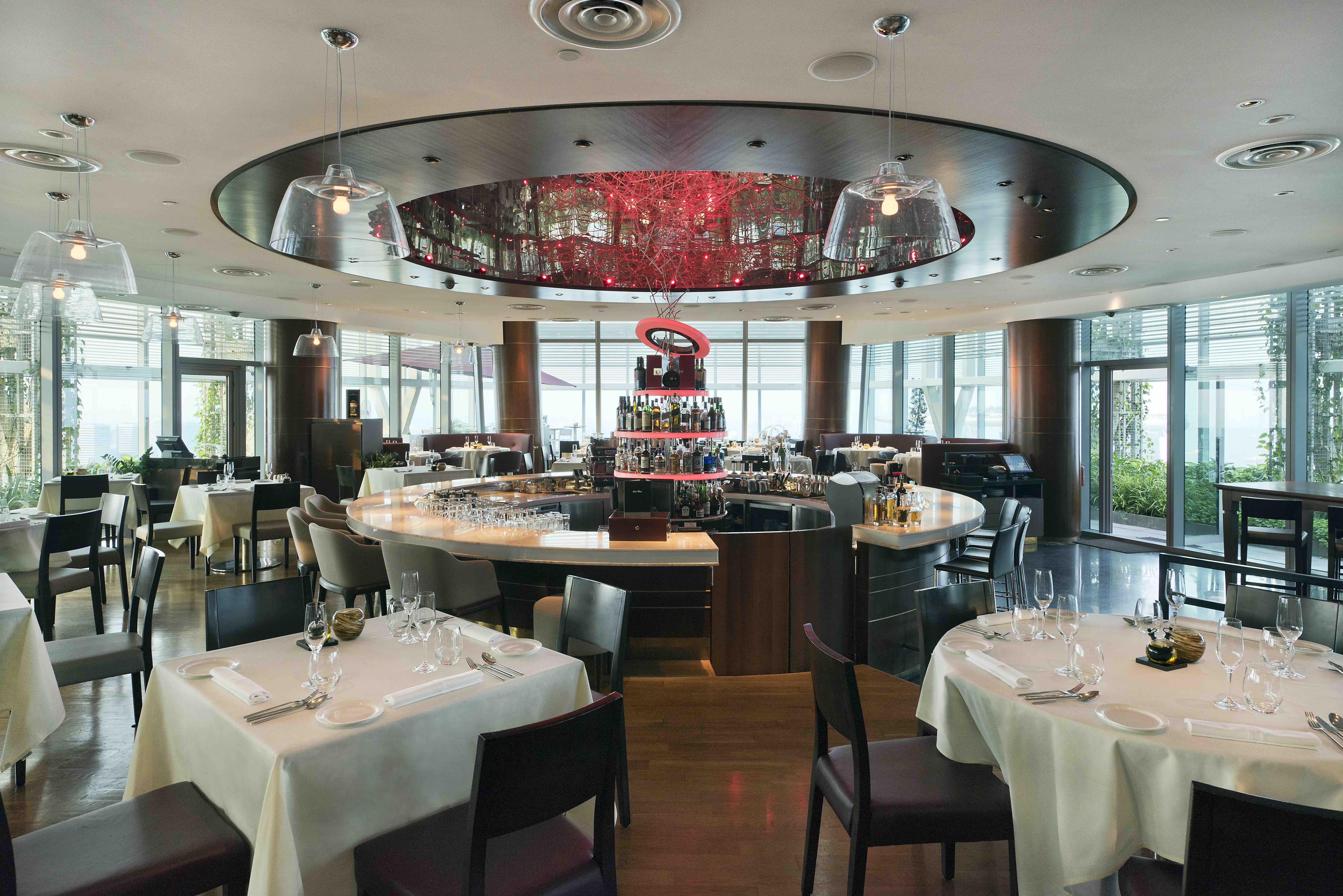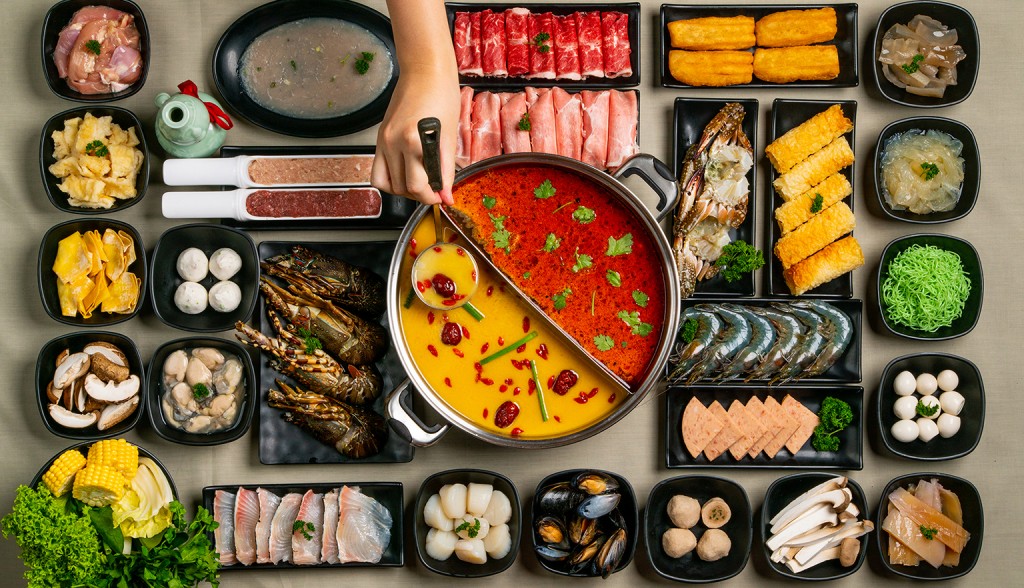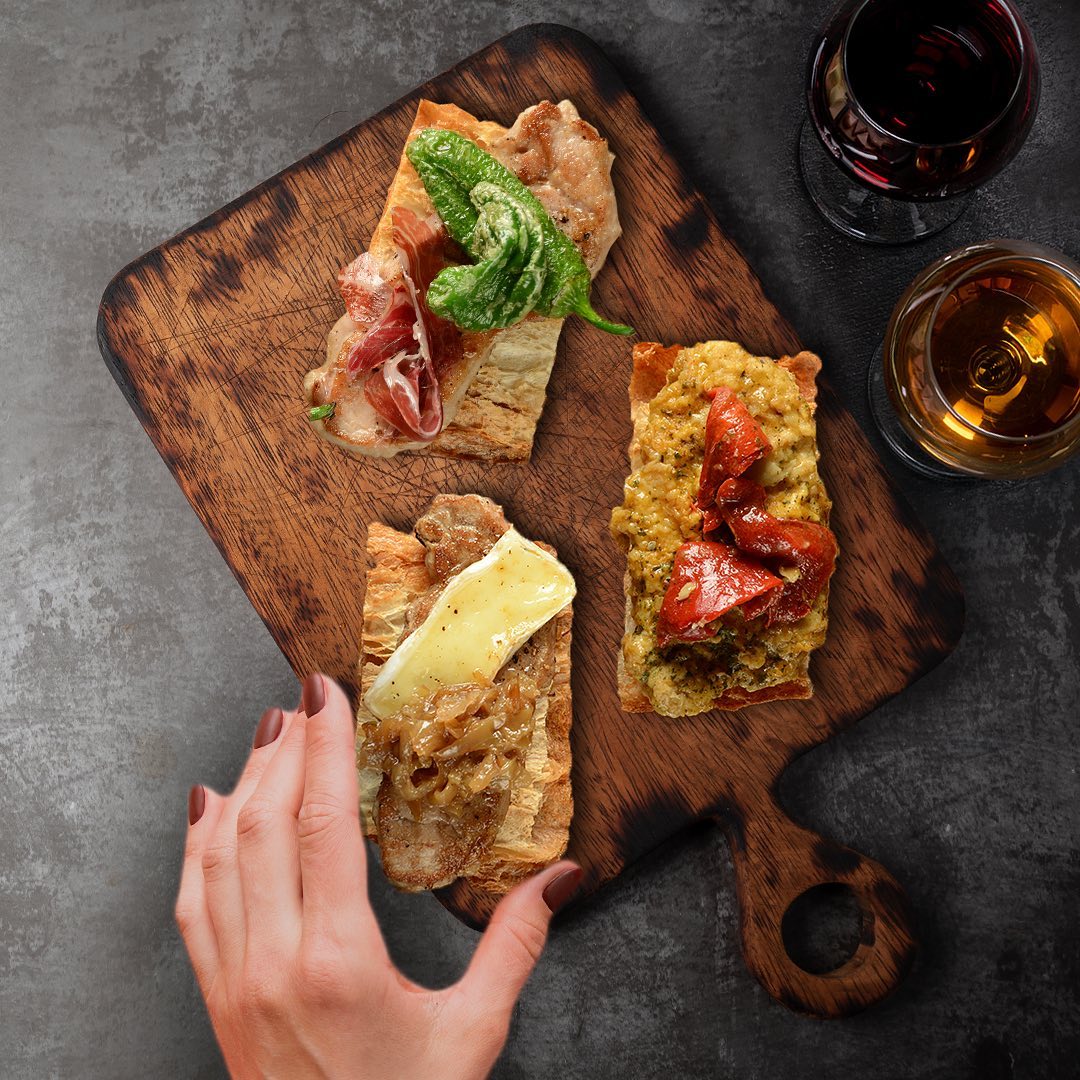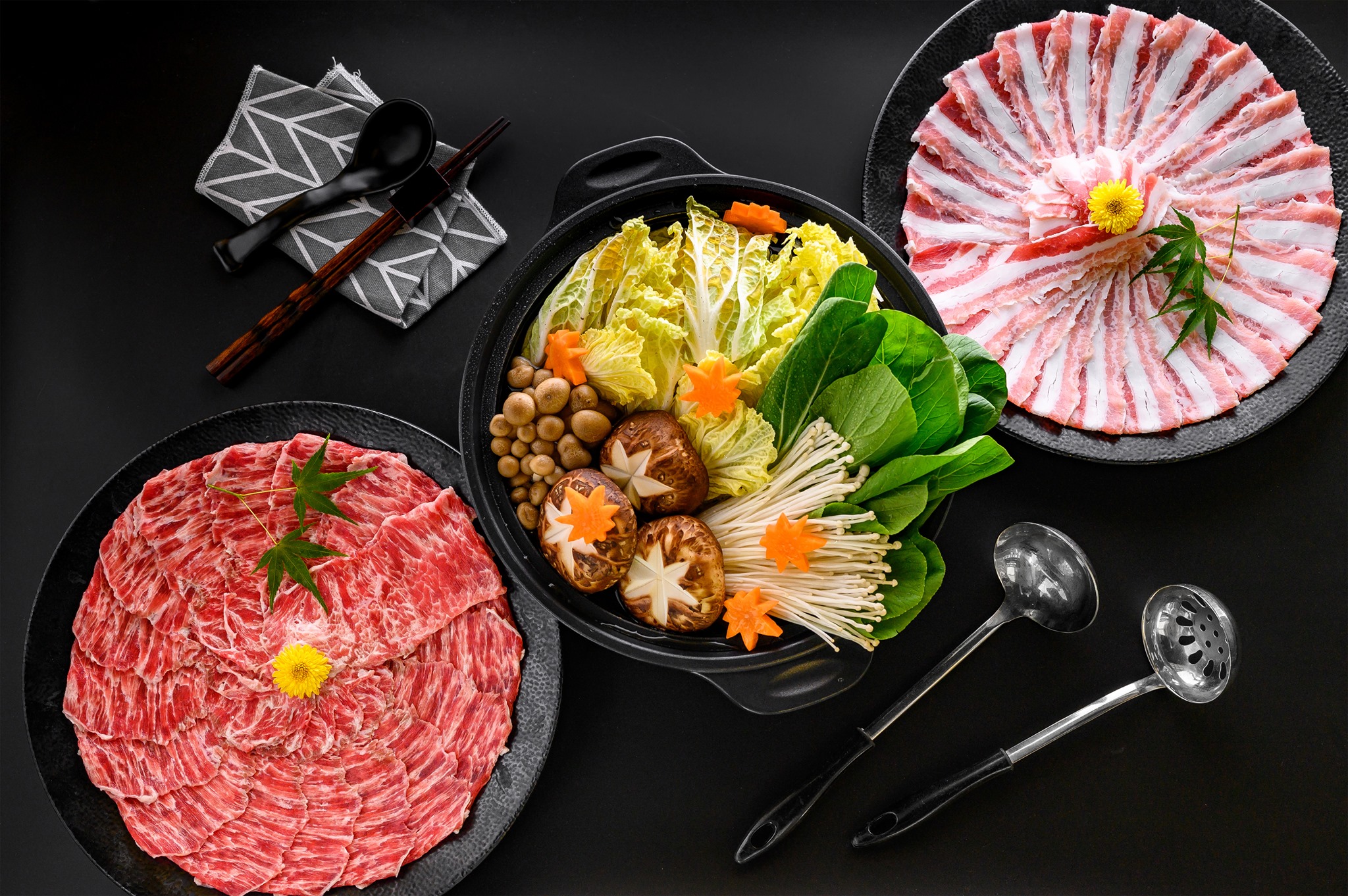If someone is a coffee dummy, what type of coffee would you suggest they try first?
I would say start with a normal dry-processed coffee because for me, the biggest difference between a natural- and dry-processed coffee is the body. The natural’s got a lot of complexities but not necessarily in terms of acidity as it’s more the fruity notes that is a little more acquired for some. Most people prefer dry-processed coffee as you get more chocolate-y and nutty notes.
How would you recommend tasting a coffee?
You can have it however you want as it’s about what you want to taste. We were at an event this weekend and someone said that you taste a good coffee if you put espresso into tonic water. But my favorite way, which I don’t do very often, is to have it in an espresso martini. It’s a simple recipe and bars usually have a espresso machine with coffee that has been sitting there for months, while the coffee here is so fresh and yields something very foamy.
The secret to a good cappuccino?
For cappuccinos, a lot of it is in the milk and how well they’re able to froth it. The more micro foam particles there are, the sweeter the milk gets. That’s really a key aspect and it makes it very velvety and smooth.
Is there a cheat sheet for coffee?
It’s all in the eye of the beholder. If you’re talking to a coffee nerd, they’ll tell you to have more acidic coffee with milk as it cuts through that, but to me it’s kind of what you like. It’s very personal and like wine where you get two different opinions on the same bottle. My cheat sheet is that coffee goes with a piece of cake.
What’s the Sarnies style?
We like to go for the really syrupy, strong-bodied stuff, while a lot of other roasters go for something quite light that can become a little sour. For me, when I get a little sweetness in the coffee is when it’s great. There’s no right or wrong way and we’re by no means coffee nerds.
What’s your favorite type of coffee bean?
There’s a coffee that we do from Ethiopia that’s naturally-processed and it’s my favorite because it tastes like cherries. Plus, it has a stupid name, it’s called Cherry Bomb.
There are a lot of die-hard coffee people these days.
Compare it to food with Michelin-starred places where you’ve got foam and squiggles on your plate. It’s cool and that’s what a lot of coffee roasters are becoming with their fancy graphs and data. On the other end of the spectrum is rustic food, which is what we do with our coffee. Does it taste good? We don’t care that a person steamed their milk at 96.4 degrees and not 95.3 degrees and nobody’s ever going to pick that up.
What’s cupping?
It’s when roasters sit around tasting and assessing each coffee. They put the coffee in different cups, put hot water in and assess the flavor profiles or whether it’s defected. Some cupping sessions are really snobby and ridiculous where it’s just a big slurping session.





